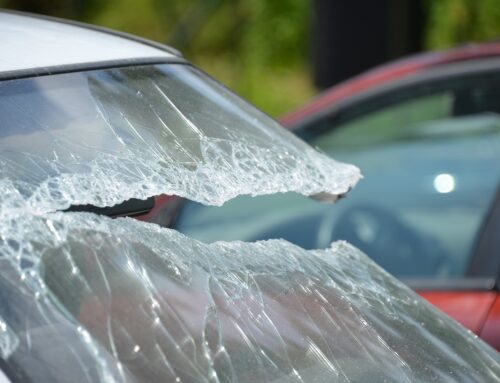The greatest risks to our vehicles are associated with driving, but that doesn’t mean a parked car is immune to damage. In recent years, more and more Floridians have woken up to discover their catalytic converter stolen, a pricey repair and one annoying to deal with. Insurance can help when your catalytic converter is taken, but knowing exactly what type of insurance covers this part of your vehicle can help you discover if your current coverage is sufficient or lacking.
Growing Issue of Catalytic Converter Thefts
Catalytic converters are part of your car’s exhaust system that works to reduce harmful emissions by absorbing toxic exhaust gases and catalyzing them into various less-toxic components. The converter itself contains valuable metals such as platinum, palladium, and rhodium, which are highly sought after in second-hand markets.
Some of the precious metals inside catalytic converters have seen significant price increases in recent years. For instance, the price of rhodium reached over $20,000 per ounce in 2021, around the time this issue of thefts was at its peak. While each catalytic converter only contains a few grams of each metal at most, their high values still make catalytic converters an attractive target for thieves looking to make quick money. In addition, the process of stealing a catalytic converter is relatively simple and can be completed in a matter of minutes using basic tools.
Some cities in Florida have had their police departments report a 50% year-over-year increase in catalytic converter thefts. These thefts occur anywhere at any time – in broad daylight in busy areas or late at night in driveways – affecting many vehicle owners throughout the state. There are ways to combat catalytic converter theft, but some car owners have even had multiple converters stolen despite their best efforts.
Catalytic Converter Theft and Car Insurance
Comprehensive car insurance typically covers catalytic converter theft, as it protects against non-collision-related incidents, including theft, vandalism, and natural disasters. Filing a claim can help cover the cost of replacing the stolen part as well as repairing any damage caused during the theft.
It’s important to note that deductibles are still a part of your policy, even after a theft. You will have to meet your deductible before comprehensive coverage kicks in. Depending on your policy, this can either be significantly less than the cost of a replacement or even exceed the price tag of a new model. Be sure to review your policy to understand the specifics of your coverage and deductible amount.
Since filing a claim for catalytic converter theft can potentially impact your insurance premiums, you must decide whether filing with your insurance is worth it instead of paying out of pocket for a replacement. Insurers look at the frequency of claims and the overall risk associated with your location when adjusting policy premiums. If you live in an area of Florida with a high incidence of catalytic converter thefts, these higher risks can cause premium increases. Insurers can identify different risk locations down to the neighborhood, so your mileage may vary depending on where exactly you live.
If you are looking to mitigate potential premium increases, consider:
- Installing catalytic converter cages or alarms that can deter thieves or qualify you for a discount on your premium
- Parking in well-lit, secure areas or garages to reduce the risk of theft.
- Bundling your car insurance with other policies to receive discounted rates.
If your catalytic converter is stolen and you do not have comprehensive coverage to help out, you will be responsible for the replacement costs out of pocket. Anderson & Associates Insurance Group can assist you in finding a new policy that protects against this growing threat and covers the rest of your vehicle. Contact us today to discuss your auto insurance options with a team member.










